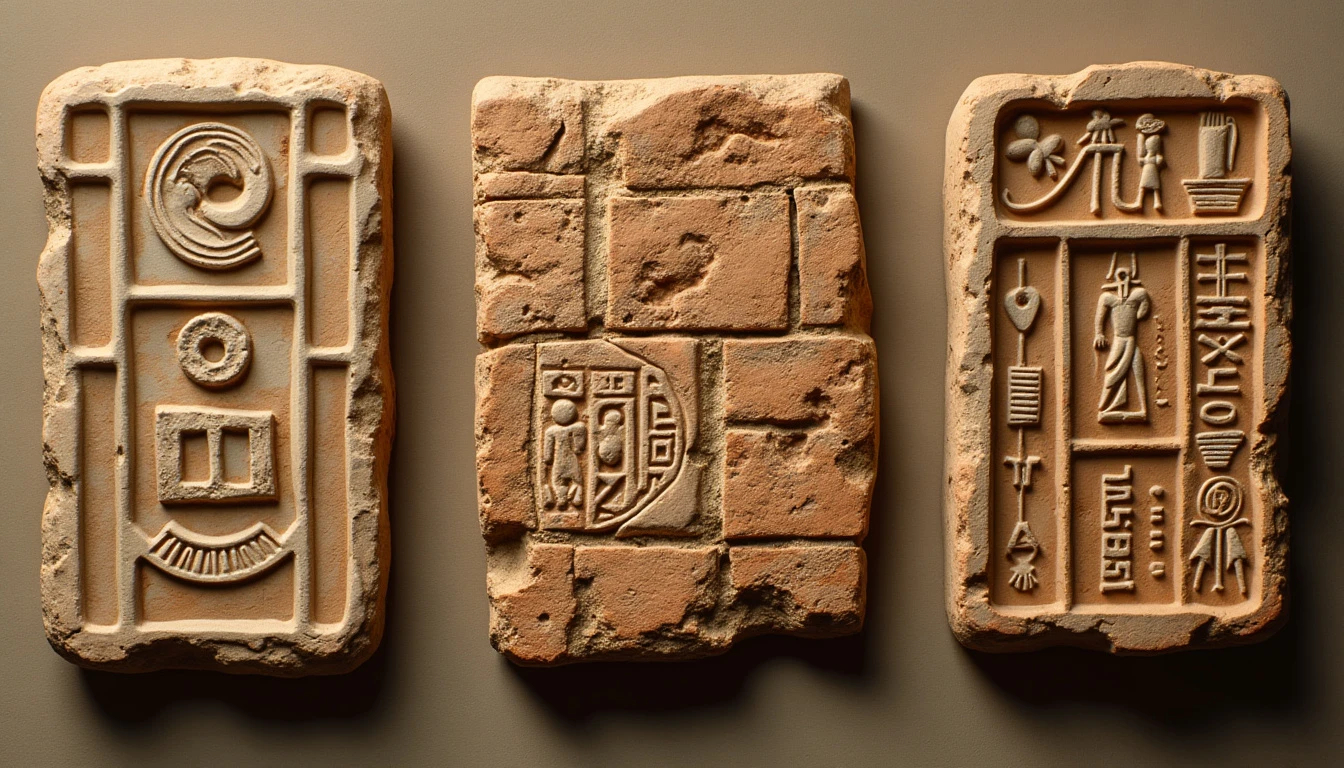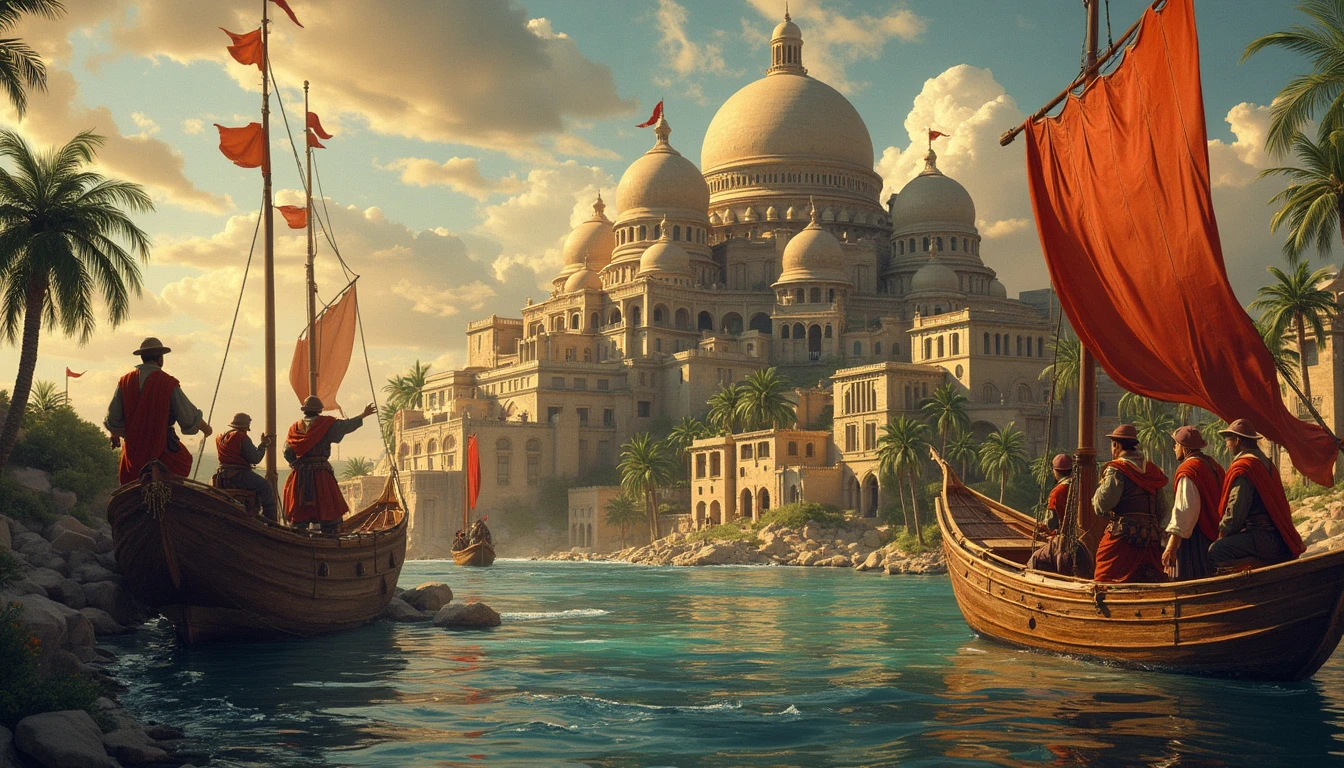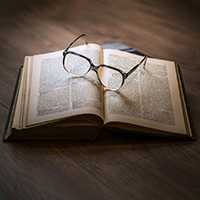Remarkable Diaries: The World's Greatest Diaries, Journals, Notebooks and Letters

Diaries encapsulate the essence of human experience, intertwining with history and literature. These personal documents offer a window into emotions and thoughts, serving as a tool for self-discovery and emotional understanding. Throughout history, diaries have created a time capsule for future generations, while literature thrives on the intimate insights found within these pages. The allure of personal writings transcends time, inviting readers on a journey through the ages.
Ancient Beginnings
Early Diaries and Tablets
Mesopotamian Clay Tablets

Mesopotamian clay tablets represent some of the earliest forms of diaries. Scribes used these tablets to record daily activities and transactions. These records provided insights into the lives of ancient civilizations. The tablets revealed details about trade, agriculture, and governance. Scholars consider these writings as foundational to understanding early human societies.
Egyptian Papyrus Records
Ancient Egyptians utilized papyrus for documentation. The Diary of Merer stands out as a significant example. This logbook described the transportation of limestone for the Great Pyramid. Such records offered glimpses into the monumental tasks of ancient Egypt. Papyrus documents served as vital tools for administration and planning.
Classical Antiquity
Roman and Greek Personal Writings
Romans and Greeks valued personal writings. Philosophers and leaders documented their thoughts and experiences. These writings included reflections on politics, philosophy, and daily life. Such documents provided a window into the classical world. Historians use these texts to understand ancient cultures and beliefs.
Notable Figures: Marcus Aurelius
Marcus Aurelius, a Roman emperor, kept a personal diary known as "Meditations." This work contained his philosophical reflections and guidance. Aurelius's writings emphasized self-improvement and resilience. His diary remains influential in both historical and philosophical studies. Readers continue to find inspiration in his words.
Medieval and Renaissance Diaries
Monastic Journals
Illuminated Manuscripts
Monastic scribes created illuminated manuscripts during the medieval period. These manuscripts featured intricate designs and vibrant colors. Monks used these documents to record religious texts and personal reflections. The artistry in these manuscripts provided insight into the spiritual life of the time. Historians consider these works as valuable resources for understanding medieval culture.
Religious Reflections
Religious reflections filled the pages of monastic journals. Monks documented their spiritual journeys and daily routines. These writings offered a glimpse into the contemplative life within monasteries. The journals revealed the monks' dedication to faith and learning. Scholars study these texts to gain insights into medieval religious practices.
Explorers and Adventurers
Marco Polo's Travels

Marco Polo embarked on a remarkable journey across Asia. His travels spanned over two decades, reaching the court of Kublai Khan. Polo's detailed accounts of his adventures captivated European audiences. The descriptions of distant lands and cultures expanded the geographical knowledge of the time. Historians regard Polo's writings as significant contributions to exploration history.
Christopher Columbus' Logs
Christopher Columbus maintained logs during his voyages across the Atlantic Ocean. These logs documented the challenges and discoveries encountered by Columbus and his crew. The records provided firsthand accounts of the New World. Columbus' writings played a crucial role in shaping European understanding of the Americas. The logs remain essential sources for studying the Age of Exploration.
Enlightenment and Romantic Era
Literary Giants
Samuel Pepys' Diary
Samuel Pepys, a notable figure of the 17th century, maintained a diary that offers a vivid portrayal of daily life during the Enlightenment. His diary spans from 1660 to 1669 and provides firsthand accounts of significant events such as the Great Plague and the Great Fire of London. Pepys meticulously documented his personal experiences, social interactions, and observations on political affairs. Scholars regard Pepys' diary as an invaluable resource for understanding the social and cultural dynamics of the period.
Jane Austen's Letters
Jane Austen, a prominent author of the Romantic era, left behind a collection of letters that reveal her thoughts and experiences. These letters offer insights into Austen's writing process, family life, and societal observations. Austen's correspondence with family members and friends highlights her wit and keen understanding of human nature. The letters serve as a window into the world of early 19th-century England, enriching the study of literature and history.
Scientific Observations
Leonardo da Vinci's Notebooks
Leonardo da Vinci, a polymath of the Renaissance, filled numerous notebooks with sketches and scientific observations. These notebooks contain detailed studies of anatomy, engineering, and nature. Da Vinci's meticulous drawings and notes demonstrate his insatiable curiosity and innovative thinking. Historians and scientists continue to explore these notebooks to gain insights into his groundbreaking contributions to art and science.
Galileo's Astronomical Notes
Galileo Galilei, a pioneering astronomer, recorded his observations of the heavens in detailed notes. His use of the telescope revolutionized the study of astronomy. Galileo's notes include discoveries such as the moons of Jupiter and the phases of Venus. These findings challenged prevailing beliefs and contributed to the scientific revolution. Galileo's work laid the foundation for modern astronomy and remains a cornerstone in the history of science.
19th Century Innovations
Artistic Expressions
Vincent van Gogh's Letters
Vincent van Gogh wrote numerous letters to his brother Theo. These letters revealed insights into his artistic process and personal struggles. Van Gogh described his thoughts on color, technique, and emotion. The letters provided a glimpse into the mind of a creative genius. Art historians study these writings to understand van Gogh's influence on modern art.
Emily Dickinson's Poetry Notebooks
Emily Dickinson filled her notebooks with poems and reflections. Her writings explored themes of nature, love, and mortality. Dickinson's unique style and voice emerged through these entries. Scholars examine her notebooks to gain insight into her poetic development. The notebooks remain a testament to her literary brilliance.
Exploratory Accounts
Charles Darwin's Voyage Journals
Charles Darwin documented his observations during the voyage of the HMS Beagle. His journals contained detailed notes on geology, flora, and fauna. Darwin's findings led to groundbreaking theories on evolution. Scientists regard his journals as foundational texts in biology. The voyage journals continue to inspire scientific inquiry.
Lewis and Clark Expedition Diaries
The Lewis and Clark expedition produced extensive diaries. These records captured the challenges and discoveries of their journey. The diaries included descriptions of landscapes, wildlife, and interactions with Indigenous peoples. Historians use these accounts to understand early American exploration. The diaries offer valuable insights into the expansion of the United States.
Modern and Contemporary Reflections

War Diaries
Anne Frank's Diary
Anne Frank wrote a diary during World War II. Her writings provide a personal view of life under Nazi occupation. Anne's diary captures the fears and hopes of a young girl in hiding. The diary remains a powerful testament to the human spirit. Readers around the world continue to find inspiration in her words.
Soldiers' Letters from the Front
Soldiers wrote letters during wars like World War I and the American Civil War. These letters offer firsthand accounts of battles and daily life. Soldiers described their experiences and emotions in vivid detail. Families preserved these letters as cherished memories. Historians use these documents to understand the realities of war.
Digital Diaries
Blogging and Online Journals
Blogging emerged as a modern form of journaling. Writers share personal stories and insights on online platforms. Blogs cover a wide range of topics, from travel to personal growth. Readers connect with bloggers through shared experiences. The digital format allows for instant feedback and interaction.
Social Media as Modern Diaries
Social media platforms serve as contemporary diaries. Users document daily activities and thoughts through posts and photos. Platforms like Instagram and Twitter capture moments in real-time. Social media provides a space for self-expression and connection. The digital age has transformed how people record and share their lives.
Personal documentation holds immense power in capturing human experiences. Journaling provides a space for reflection and emotional processing. Many individuals use journals to record memories or explore self-discovery. Journals serve as tools for understanding thoughts and feelings. The act of writing can lead to psychological healing. Journaling offers a unique opportunity for personal growth. Readers are encouraged to embark on their own journaling journey. Exploring personal documentation can enrich one's life. Journals create a legacy for future generations. The enduring nature of diaries connects people across time.
See Also
Exploring and Explaining the Masterpieces of World Maps
The Insane Person's Collection of Books
Human-Created Marvels Across the Globe

